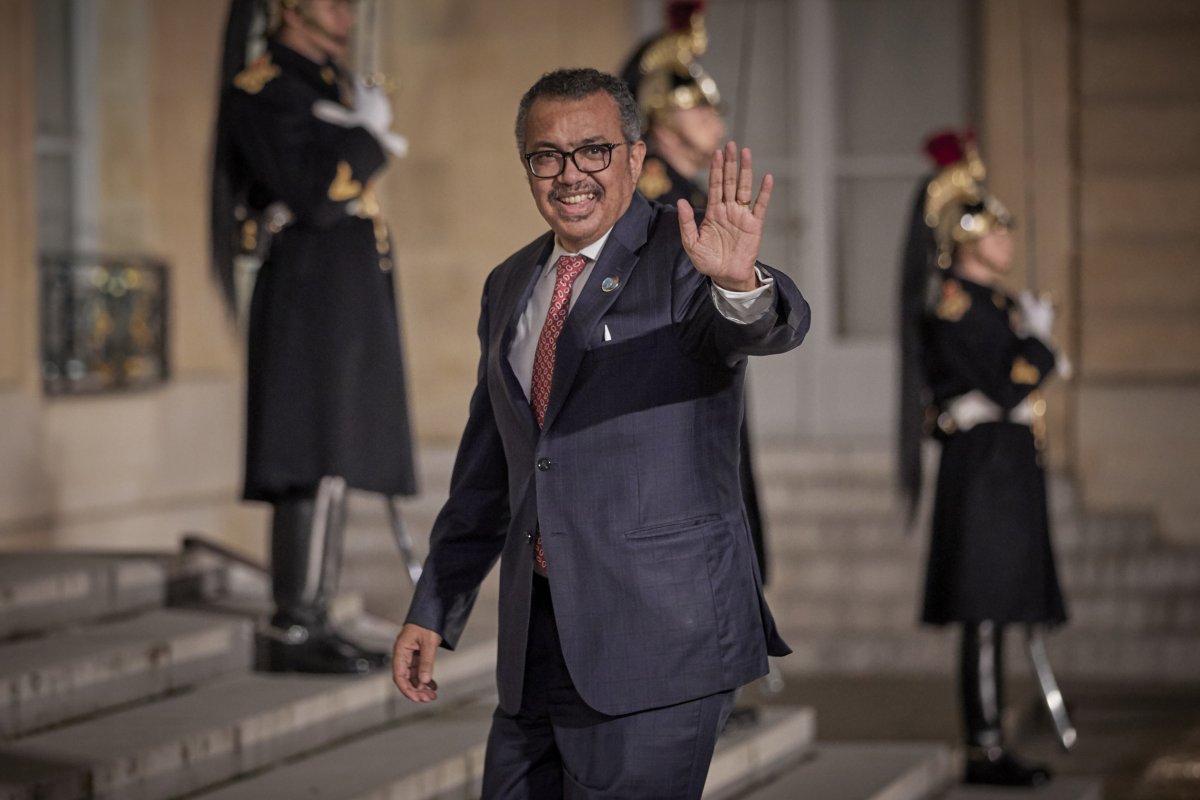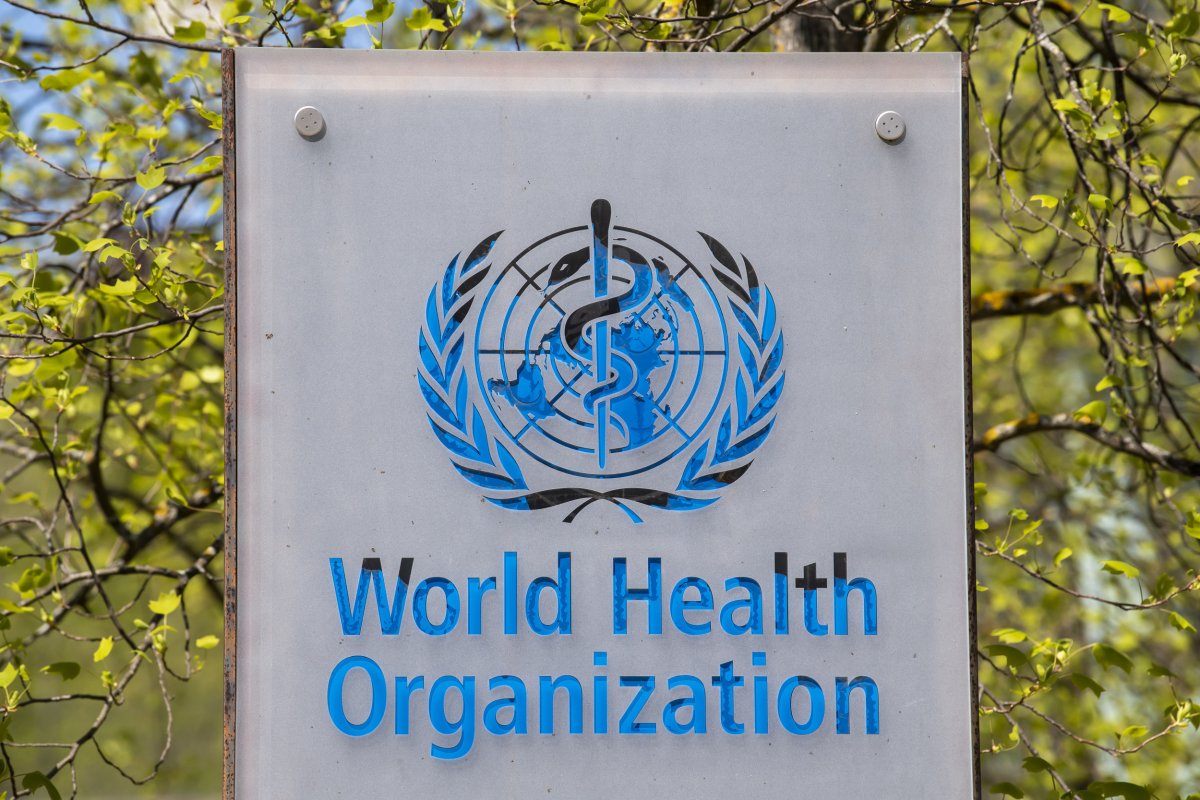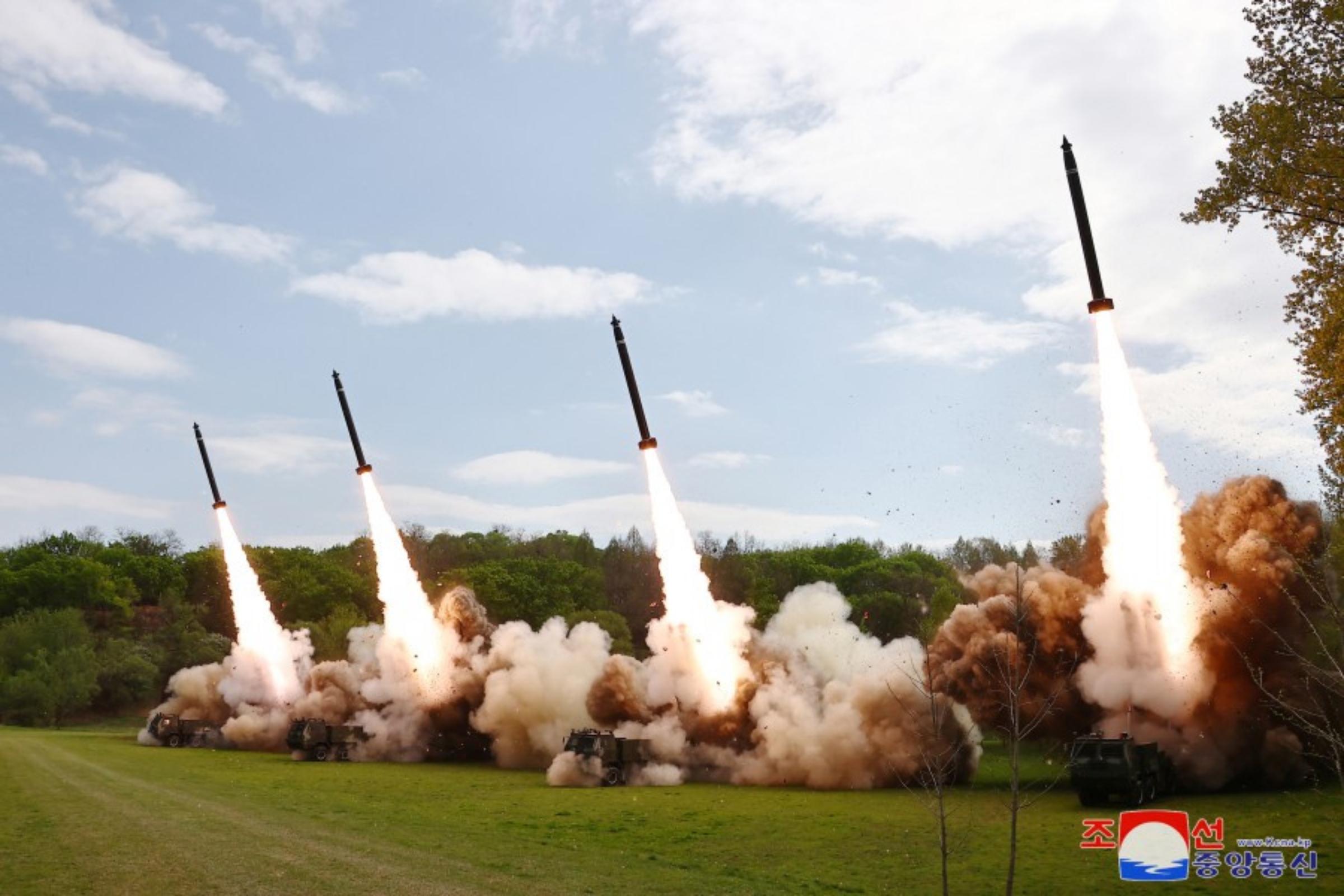World Health Organization officials met with world leaders on Monday to discuss a global action plan to help prevent future pandemics in response to the rapidly spreading Omicron COVID-19 variant.
WHO Director-General Tedros Adhanom Ghebreyesus joined the leaders for the first of a three-day special session for the agency's member states at the World Health Assembly.
The Associated Press reported that Tedros called for a "legally binding" agreement, though no such agreement was mentioned in a draft resolution by the assembly regarding cooperation going forward. The text makes no reference to creating a "pandemic treaty" because that language suggests a legally binding agreement, which would require ratification.
However, the draft does call for creating an "intergovernmental negotiating body" of WHO member states to possibly work out an agreement to improve future pandemic preparedness, prevention and response.
"The emergence of the highly mutated Omicron variant underlines just how perilous and precarious our situation is," Tedros said. "Indeed, Omicron demonstrates just why the world needs a new accord on pandemics."
Tedros said WHO scientists currently don't know the full effects of the Omicron variant, which first emerged from South Africa and Botswana. They are working urgently to determine the variant's risk factor.
He said the world should be "wide awake" to the threat, adding, "Omicron's very emergence is another reminder that although many of us might think we are done with COVID-19, it's not done with us."
For more reporting from the Associated Press, see below.

Tedros joined leaders like outgoing German Chancellor Angela Merkel and Chilean President Sebastian Pinera for the long-planned and largely virtual special session.
"Our current system disincentivizes countries from alerting others to threats that will inevitably land on their shores," he said, saying that South Africa and Botswana should be praised and not "penalized" for their work. That was an allusion to travel restrictions announced by many countries on air travel to and from the region.
European Union member countries and others had sought language in the draft calling for work toward a treaty, but the United States and a few other countries countered that the substance of any accord should be worked out first before any such document is given a name.
Merkel, whose 16-year tenure is likely to end next week, called for "reliable financing" for WHO and increased contributions to the U.N. agency from its member states—while alluding to the EU position in favor of a binding agreement.
"The catastrophic impact of the COVID-19 pandemic in terms of health and the economy ought to be a lesson to us," she said by video message. "Viruses know no national borders. That's precisely why we should lay down measures to be taken to improve prevention, early detection, and response in internationally binding fashion."
Britain's ambassador in Geneva, Simon Manley, tweeted a copy of the draft text that was agreed by consensus—as required under WHO rules on such issues—and praised Chile and Australia for their work as co-chairs.
"The #Omicron variant shows yet again why we need a common understanding of how we prepare for and respond to pandemics, so we're all playing by the same rules," he wrote.
The three-day meeting that opened Monday amounts to a long-term approach: Any U.N.-backed agreement is likely to take many months, if not years, to be concluded and come into effect.
But it comes as many countries have been scrambling to address the emergence of Omicron that has led to travel bans across the world and sent tremors through stock markets on Friday.

Uncommon Knowledge
Newsweek is committed to challenging conventional wisdom and finding connections in the search for common ground.
Newsweek is committed to challenging conventional wisdom and finding connections in the search for common ground.
About the writer
To read how Newsweek uses AI as a newsroom tool, Click here.








